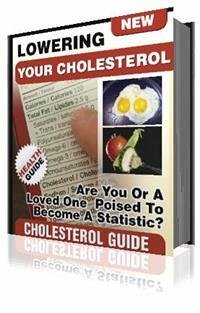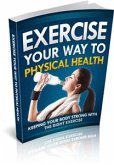Cholesterol has been around for thousands of years. It’s anatural function of the human body. The modern story of cholesterol and how it affects us today, actually began during a government study in 1951.The Pentagon sent pathologists to Korea to examine the bodies of servicemen who lost their lives during the war. Autopsies were conducted on 2,000 soldiers.The results were astounding to the medical community of that time. Normally, no one under 35 dies of coronary heart disease. Remember, this was 1951!More than 75 percent of the soldier had yellow deposits of atherosclerotic plaque on their artery walls. The average age of these soldiers was 21 contradicting the assumption that such artery clogging deposits were only prevalent in older men.The results of the Army pathologists rocked the medical community. Prior to these autopsies, doctors had no idea how early the process of heart disease began.Not long after this discovery, a name was given to the major contributor to the buildup of plaque and to heart disease risk – cholesterol. More recent studies have shown that for every 1 percent drop in cholesterol levels, there is a 2 percent decrease in the risk of a heart attack.Since those original studies, the risk of heart disease stemmingfrom cholesterol has exploded. In 2002 it was estimated that 107 million American adults now have a blood cholesterol level high enough to require medical advice. Unfortunately, the numbers keep rising.Despite this epidemic problem, there is good news. You can do something about the problem and that’s what this guide is all about. In plain English, we will take a laymen’s look at cholesterol, the causes, effects and what you can do to reverse the negative impact it has on your personal health.









